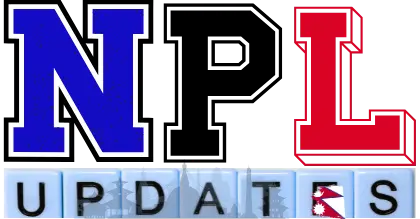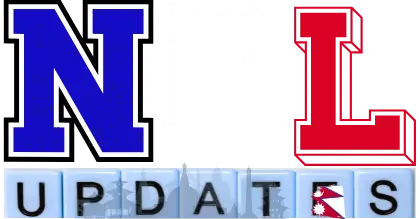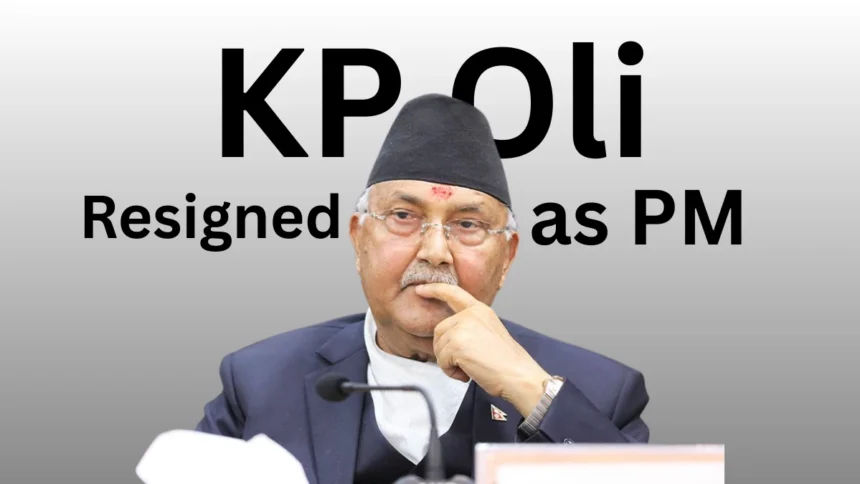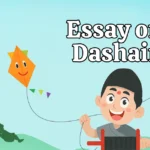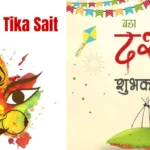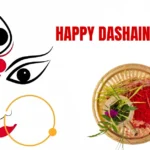Nepal’s Prime Minister KP Sharma Oli has resigned after days of violent protests that shook the country. The demonstrations, mostly led by young people, began after the government banned 26 social media platforms, including Facebook, YouTube, and WhatsApp. But protestors said their anger was not only about the ban. They were also frustrated by years of corruption, poor governance, and lack of opportunities.
The protests quickly turned deadly. Security forces tried to stop crowds by using tear gas, rubber bullets, and even live fire. At least 19 people lost their lives and hundreds were injured. This tragic loss further fueled public anger, with many accusing the government of trying to suppress the voice of the people instead of listening to them.
On Monday and Tuesday, thousands of protestors marched towards Samsad Bhawan (Parliament building) and Singha Durbar, demanding Oli’s resignation. The situation worsened when protestors set fire to Oli’s private home in Balkot and vandalized President Ram Chandra Poudel’s residence.
Under immense pressure, several ministers also resigned, blaming Oli for mishandling the crisis. The government was forced to lift the social media ban after an emergency meeting, promising medical care for the injured and compensation for the families of those killed.
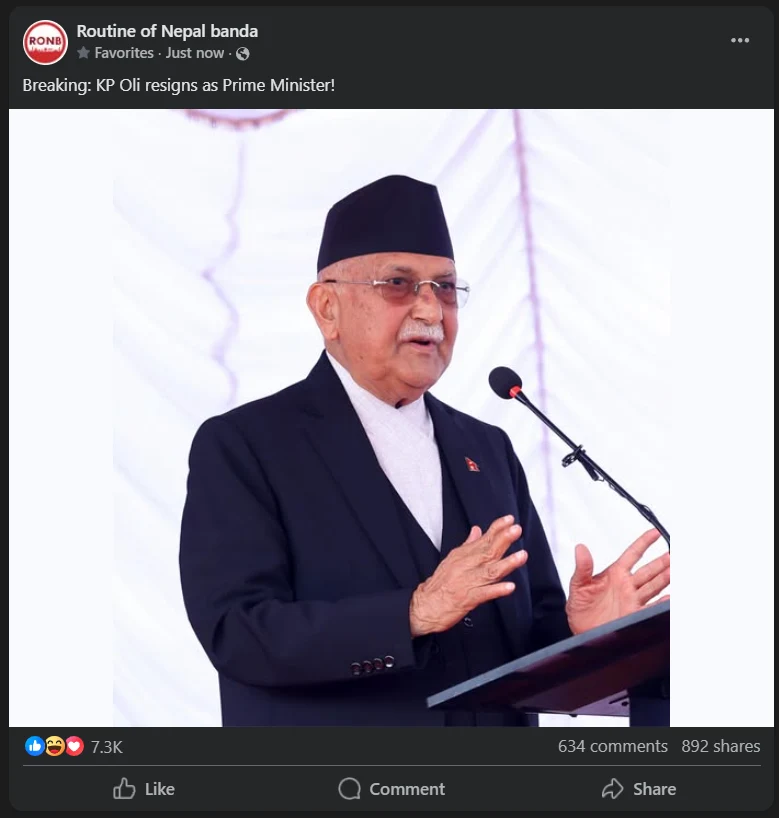
Finally, Oli stepped down, saying he was taking “moral responsibility.” His resignation comes as Nepal faces one of its biggest political crises in recent years. An all-party meeting has been called to decide the way forward.
For many young Nepalis, this is more than a victory against censorship. It is a message that corruption, suppression, and lack of accountability will no longer be tolerated.
Also Read:
